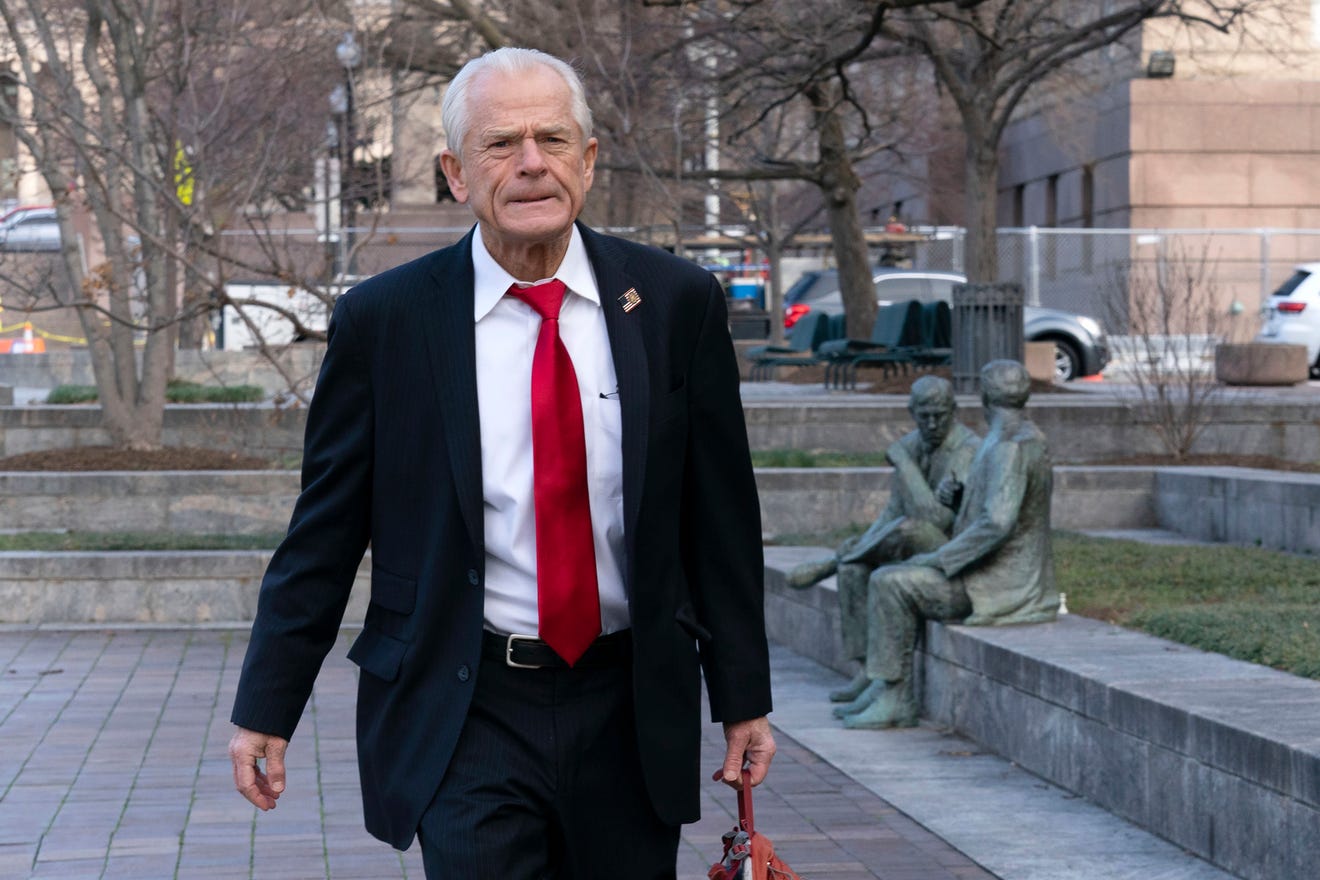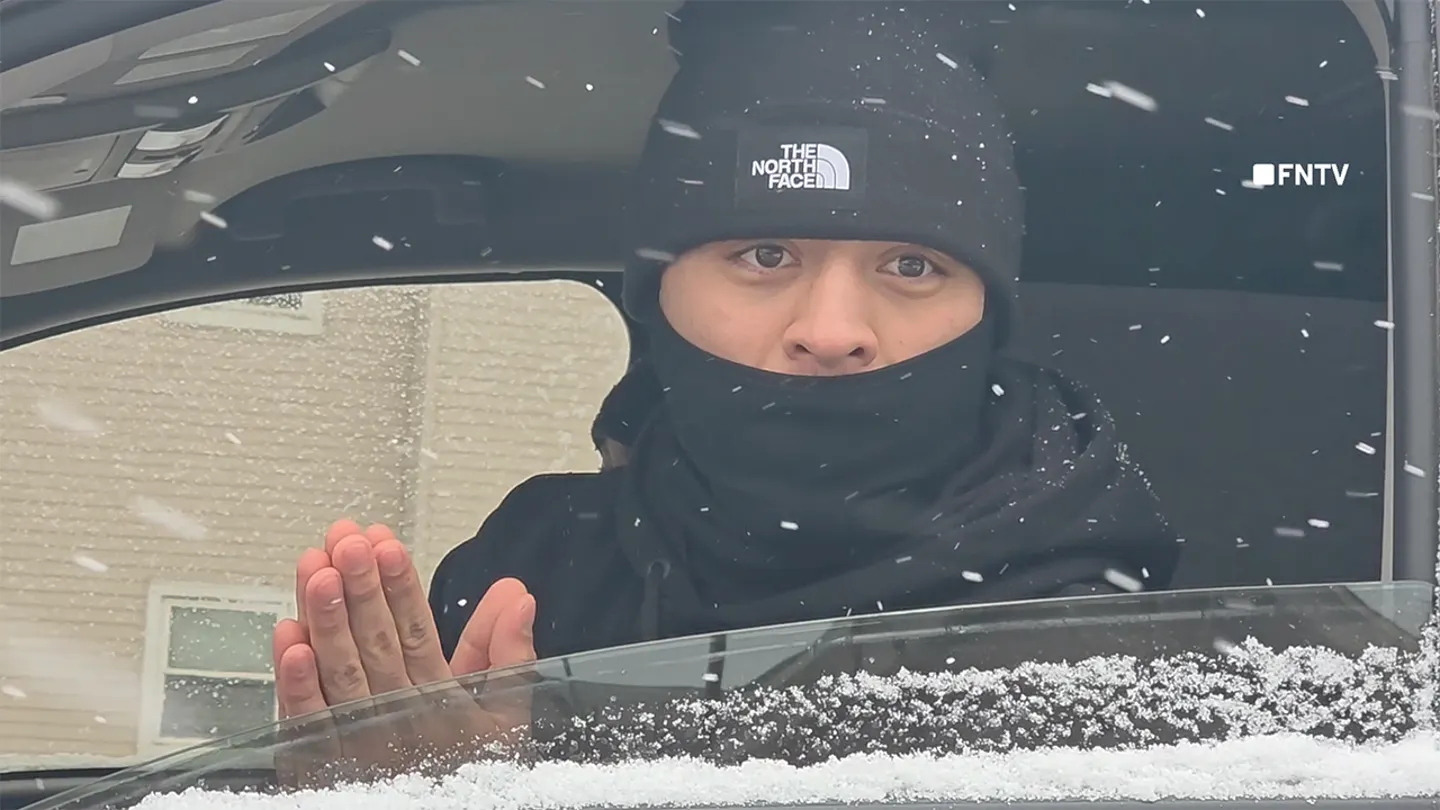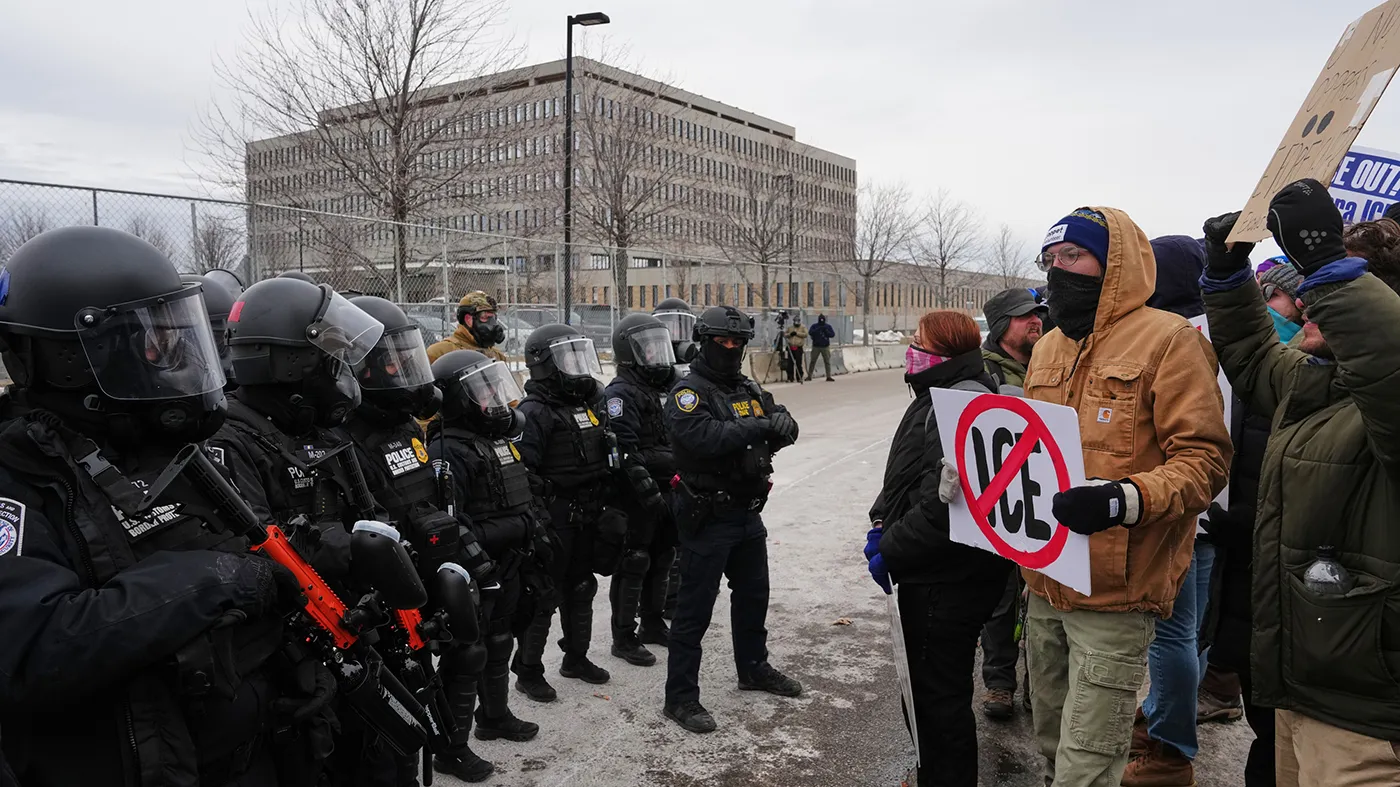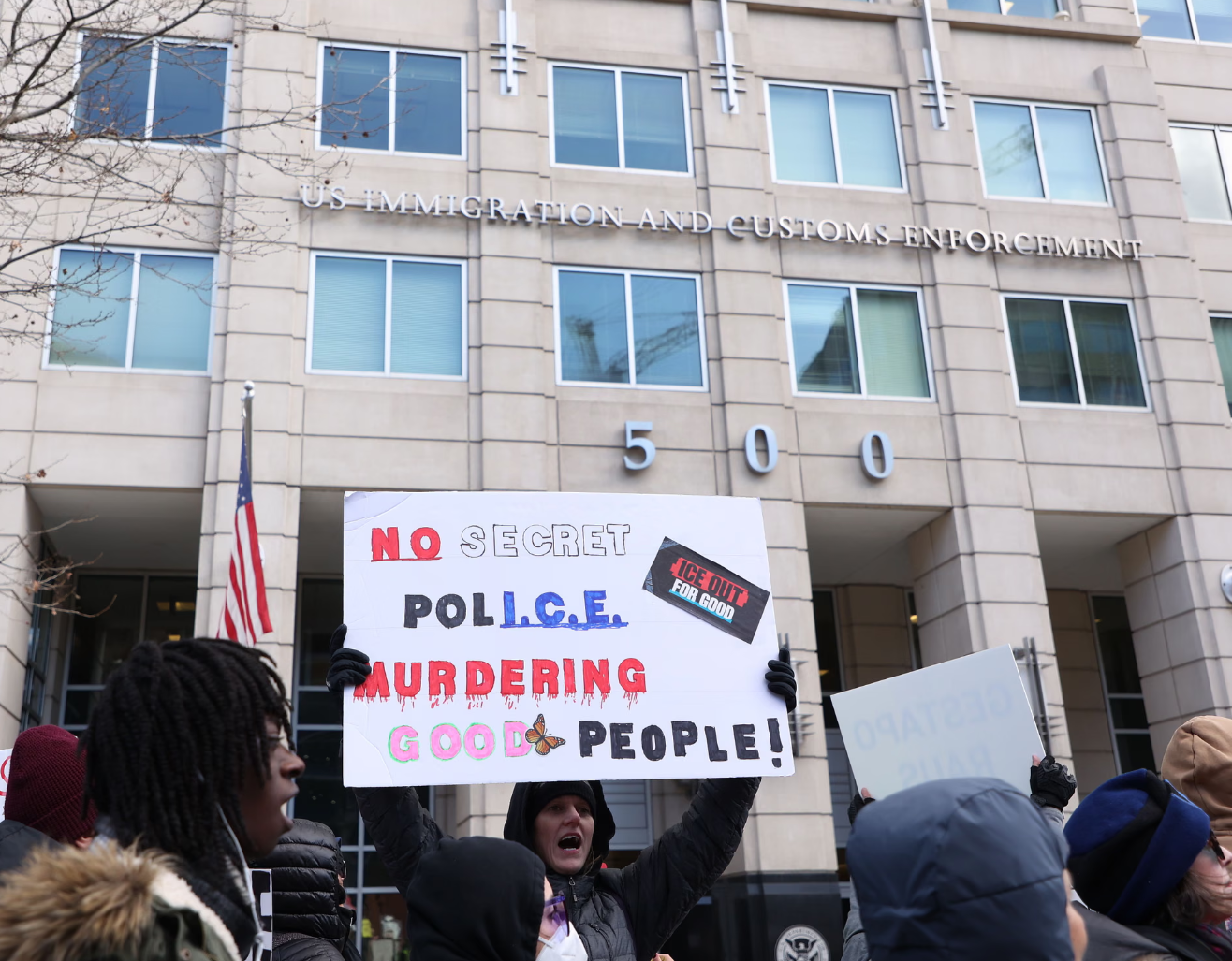WASHINGTON – Former President Donald Trump’s last-minute assertion of executive privilege forced a postponement in the trial of former trade adviser Peter Navarro on two counts of contempt of Congress.
Navarro defied a subpoena from the House committee that investigated the Capitol attack on Jan. 6, 2021, by citing executive privilege. But government lawyers had argued Trump never formally claimed the privilege to keep his communications with Navarro confidential since the subpoena was issued nearly a year ago.
A week before the trial was scheduled to begin Monday, Trump lawyer Evan Corcoran provided Navarro a letter claiming executive privilege. At a hearing Friday, U.S. District Judge Amit Mehta postponed the trial to allow lawyers for Navarro and the government to file written arguments about the claim.
Why was Peter Navarro charged?
The Jan. 6 committee sought to question him because in his 2021 book “In Trump Time,” Navarro described the scheme to delay certification of the 2020 election of President Joe Biden as the “Green Bay Sweep” and said it was the “last, best chance to snatch a stolen election from the Democrats’ jaws of deceit.”
The committee said in its letter to Navarro seeking his testimony that he had said Trump and “more than 100 members of Congress were ‘on board with the strategy.'” The committee also said Navarro released a three-page report on his website that repeated claims of purported fraud in the election that have been discredited in public reporting by state and local officials.
Navarro replied to the committee by email on Feb. 27, 2022, that Trump invoked executive privilege to keep their communications confidential. “Accordingly, my hands are tied,” Navarro wrote.
Get the Everyone’s Talking newsletter in your inbox.
Get caught up with the trending news you need to know
Corcoran wrote in his letter that Trump regularly discussed matters of critical importance to trade and manufacturing policy with Navarro that were important to the country’s security.
“It is critical to the functioning of the Office of the President that your communications with President Trump remain confidential,” Corcoran wrote. “A President’s expectation of confidentiality in the communications he has with senior aides is protected by the United States Constitution from intrusions by Congress and other third parties.”
What ex-presidents told us about classified documents:After Trump, Biden, Pence, are other former presidents holding classified documents? We asked.
How did Biden and the committee respond?
The White House counsel’s office sent Navarro a letter the day after his email refusing to testify saying Biden had “determined that an assertion of executive privilege is not in the national interest, and therefore is not justified, with respect to particular subjects within the purview of the Select Committee.”
Government lawyers also argued that even if Navarro wanted to claim executive privilege, he had to attend the scheduled deposition and assert it for specific questions asked.
The committee rejected Navarro’s “stated reason for noncompliance with the subpoena and informed (him) again that he could assert any objections he may have on the record, on a question-by-question basis,” the committee said in a letter on March 1, 2022.
Biden and Trump documents expose wider problem: Missing classified records not uncommon
What led to the Navarro trial?
The committee issued the subpoena on Feb. 9, 2022, for Navarro to provide documents and testimony. The committee said he could refuse to answer questions based on executive privilege, but that he must appear.
Federal courts upheld the committee’s authority to subpoena documents and testimony. A three-judge panel of the D.C. Circuit Court of Appeals ruled Biden’s decision not to invoke executive privilege outweighed Trump’s claim.
The House voted in April to hold Navarro in contempt.
Jan. 6 charges:Will Trump or his allies face charges over Jan. 6? Legal experts explain hurdles DOJ faces
Judge refused to dismiss Navarro case
Navarro asked Mehta to dismiss the charges, raising complaints that Republicans repeated about the committee. But Mehta refused in a ruling on Jan. 19 and limited the defenses Navarro could raise at trial.
Besides claiming executive privilege, Navarro challenged the committee’s legitimacy because of how it was organized, with fewer members than authorized and none nominated by the then-Republican minority. But Mehta rejected the arguments, finding House rules allowed the committee chairman to issue subpoenas on his own and Navarro hadn’t challenged the House rules.
Navarro also argued the committee lacked a legislative purpose. But Mehta said the D.C. Circuit Court of Appeals had already ruled the panel “plainly had a ‘valid legislative purpose’” in another subpoena case.
Donald Trump’s last-minute intervention
delays contempt trial of former aide Peter Navarro




